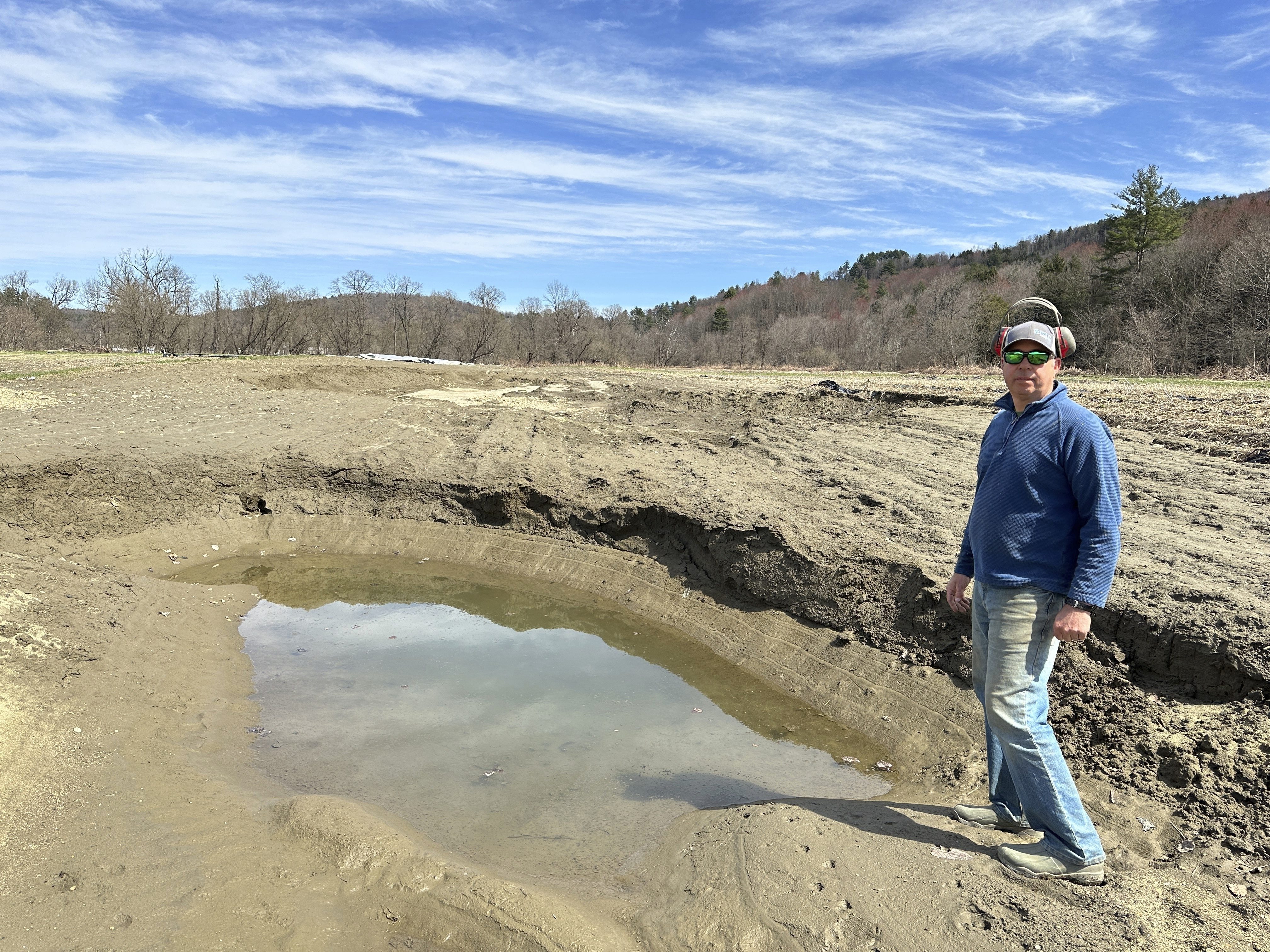Vermont may soon transform the way doctors and other medical care providers are paid for their work, under a new agreement between the state and federal government signed Thursday.
Instead of getting paid for the quantity of appointments held or tests conducted, providers may be paid for the quality of a patient’s health, Gov. Peter Shumlin, D-Vermont, said.
“It's a great day for Vermont,” Shumlin said before signing the agreement. “I firmly believe that our system that now rewards quantity is instead going to reward primary care, prevention, good diet, exercise, [and] getting off the smokes.”
The agreement is known as the “all-payer model,” because it pertains to care covered by Medicare, Medicaid, and private insurance.
The deal is set to run for six years, though year one, starting January 1, will be pretty much focused on ironing out the details, according to architects of the model.
Eventually, doctors’ offices will get a set amount of money for each patient they provide care for.
If patients use few medical services, providers keep the unspent money. If there are more care needs, the provider will perform the service without receiving extra cash.
Vermont
The latest news from around the state
Robin Lunge, the governor's director of health care reform, said Wednesday that in the second year of the agreement, the new system would reach 36 percent of care services in the state. By the sixth year, she said, the system is supposed to reach 70 percent.
“It's going to start really slow,” said Al Gobeille, who chairs the Green Mountain Care Board, the body which approved the plan following a series of statewide hearings.
Gobeille said he expects the approach will slow the rise of health care costs, but added there is more to it than that.
“It's not really chasing savings,” Gobeille said. “It's really about improving quality and allowing providers to deliver care in a way they really want to deliver it.”
However, Darcie Johnston of the group Vermonters for Health Care Freedom blasted the notion.
“We are a total petri dish on this,” she warned. “What doctor would come here to be a part of this experiment?”
Johnston said she believes patients will struggle to secure appointments and is concerned the quality of care delivered to seniors in particular will suffer.
Gov. Shumlin insisted patients will keep their same benefits and providers will have to meet care quality expectations.
Shumlin and other state leaders acknowledged Vermont needs more primary care physicians as it is, and that the need will continue under the new model.
Dr. Harry Chen, the commissioner of the Vermont Department of Health, noted that the need for additional primary care physicians will likely be felt more acutely outside of Chittenden County.
Lunge said a study is currently underway to figure out what the impact of the new model will be on health care demands in the state.
Shumlin predicted the benefits of the model will one day be significant, but pointed out there are provisions in the agreement that allow for health care providers and future state or federal administrations to opt out of it.



